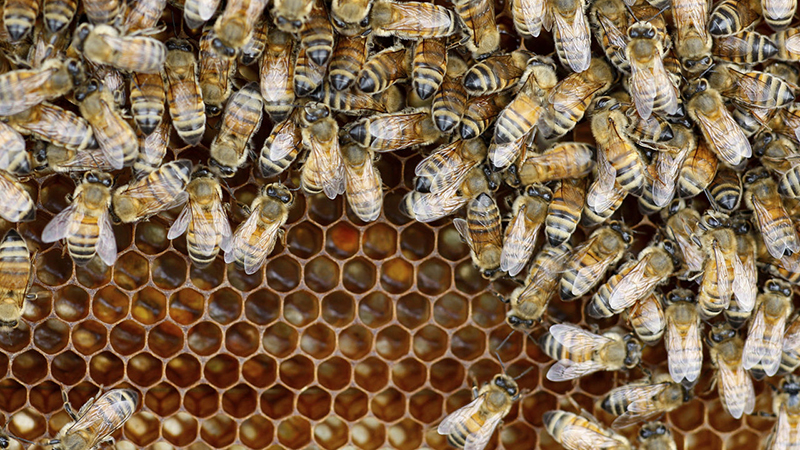QUESTION: Can we use a single definition to determine the prohibited group when conducting the nondiscrimination tests that apply to our cafeteria plan, health FSA, and DCAP?
ANSWER: No. Cafeteria plans, health FSAs, and DCAPs are all subject to nondiscrimination requirements under the Code that are generally intended to prevent these plans from discriminating in favor of certain highly paid and key employees (the prohibited group). However, the prohibited group is defined differently for purposes of the various nondiscrimination tests that apply to each plan, so the individuals who are considered highly paid or key may vary from one plan or test to the next. Here is an overview:
-
Cafeteria Plans. Highly compensated individuals (HCIs) are the prohibited group for two of the three cafeteria plan nondiscrimination tests. In general, HCIs for this purpose are officers, more-than-5% shareholders, highly compensated employees, and the spouses or dependents of individuals in the first three categories. Proposed regulations indicate that when determining who is “highly compensated,” a modified version of the 401(k) definition is used: Individuals are highly compensated if their compensation during the preceding year (or the current plan year in the case of a new hire) exceeded the applicable dollar threshold for that year ($130,000 for 2020 and 2021; $135,000 for 2022). Key employees (Keys) are the prohibited group for the third cafeteria plan test. Keys are defined differently than HCIs, although there is some overlap. A Key is someone who, during the preceding plan year, was an officer with annual compensation in excess of the dollar threshold for that year ($185,000 for 2020 and 2021; $200,000 for 2022); a more-than-5% owner of the employer; or a more-than-1% owner of the employer with annual compensation greater than $150,000 (not indexed).
-
Health FSAs. The prohibited group for the two health FSA nondiscrimination tests is also HCIs, but the term is defined differently than under the cafeteria plan rules. Individuals are HCIs for purposes of these tests if they are (a) among the five highest-paid officers, (b) more-than-10% shareholders, or (c) among the highest-paid 25% of all employees (other than excludable employees who are not participants).
-
DCAPs. Highly compensated employees (HCEs) and their dependents are the prohibited group for three of the four DCAP nondiscrimination tests. Under these tests, employees are HCEs if they are more-than-5% owners during the current or preceding year or if their compensation during the preceding year exceeded the dollar threshold for that year ($130,000 for 2020 and 2021; $135,000 for 2022). A fourth DCAP test looks at the benefits received during the year by individuals who are more-than-5% shareholders or owners on any day of that year, and their spouses and dependents.
Thus, employers must identify the prohibited group for each test run under each plan. Using a single definition to determine the prohibited group across all plans will generally provide incorrect testing results. And even though it might seem cautious to be over-inclusive when identifying prohibited group members, this approach could cause an employer to overlook a test failure. For example, incorrectly treating a new hire who does not elect benefits as a Key or HCE for testing purposes could make a plan’s test result look better than it should.
For more information, see EBIA’s Cafeteria Plans manual at Sections XXVIII.M (“Highly Compensated and Key Employees—Identifying the ‘Prohibited Group’ Members”), XXIX.D (“Who Is Highly Compensated for Purposes of the Cafeteria Plan Eligibility and Contributions and Benefits Tests?”), XXIX.I.2 (“Who Is a Key Employee?”), XXXI.F (“Which Individuals Are HCIs Under the Code § 105(h) Rules?”), and XXXII.E (“Who Are HCEs for Purposes of a DCAP?”).
Contributing Editors: EBIA Staff.







